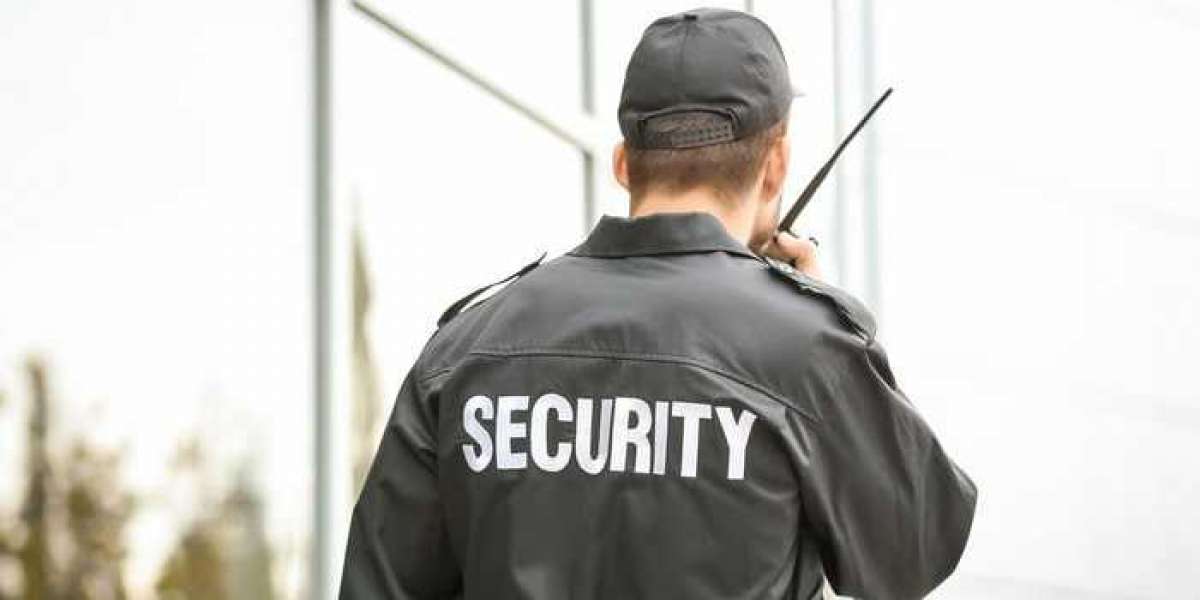Crowd controllers and event security personnel play a vital role in ensuring the safety of attendees and the smooth functioning of events. Whether it’s a small community gathering or a massive concert, these professionals must navigate a complex web of legal considerations while performing their duties. Understanding and adhering to these legal responsibilities is essential for minimizing risks and avoiding potential liabilities.
Licensing and Accreditation Requirements:
One of the fundamental legal obligations for crowd controllers and event security professionals is obtaining the appropriate licenses and certifications. Most jurisdictions mandate that security personnel hold a valid security license, which requires formal training, background checks, and adherence to a strict code of conduct. Additionally, some roles may require specialized certifications, such as training in first aid or conflict resolution. Failure to comply with licensing requirements can result in severe penalties, including fines or suspension of operations for the security company.
Duty of Care and Negligence:
Crowd controllers have a legal duty of care to ensure the safety and well-being of event attendees. This responsibility involves anticipating potential risks and taking reasonable measures to prevent harm. Negligence, such as failing to address overcrowding, ignoring visible hazards, or using excessive force, can lead to legal action. In many cases, event organizers may also share liability if they fail to hire adequately trained or licensed security personnel.
Use of Force and Restraint:
The use of force by crowd controllers is one of the most scrutinized aspects of their role. Legally, security personnel must use the minimum amount of force necessary to resolve a situation. Excessive or unjustified use of force can lead to criminal charges, civil lawsuits, and reputational damage. To stay compliant, crowd controllers must be well-trained in de-escalation techniques, conflict resolution, and proper restraint methods. Documenting incidents involving the use of force is also critical for legal defense if disputes arise.
Privacy and Surveillance Laws:
In many events, security teams rely on surveillance systems, such as cameras and monitoring tools, to maintain order. However, privacy laws strictly regulate the use of such technologies. Crowd controllers and event organizers must ensure that surveillance is conducted legally, with appropriate signage and, in some cases, consent from attendees. Misuse of surveillance equipment or failure to protect sensitive information can result in significant legal repercussions.
Discrimination and Harassment:
Crowd controllers must exercise their authority impartially and professionally, treating all attendees with respect. Discrimination or harassment based on race, gender, religion, or any other protected characteristic is not only unethical but also illegal. Security personnel should be trained to handle situations involving diverse populations while remaining mindful of cultural sensitivities. Adopting a zero-tolerance policy toward discrimination and harassment is essential for creating a safe and inclusive environment.
Alcohol and Drug Management:
Events often involve the consumption of alcohol, which can lead to heightened risks, including unruly behavior and safety hazards. Crowd controllers must be familiar with local laws governing alcohol service and consumption. They are often tasked with identifying intoxicated individuals, preventing underage drinking, and managing the removal of disruptive attendees. Mishandling these situations can lead to legal liabilities for both the security team and event organizers.
Emergency Preparedness and Incident Reporting:
Legal compliance extends to how crowd controllers handle emergencies, such as medical incidents, fires, or evacuations. Security personnel must be well-versed in emergency response protocols and communicate effectively with local authorities, such as police and medical teams. Furthermore, accurate and timely incident reporting is critical for legal compliance and liability management. Event security teams should maintain detailed logs of incidents, including witness statements and evidence, to protect themselves from potential legal challenges.
Contractual Obligations and Insurance:
Security teams are typically bound by contracts with event organizers that outline their responsibilities and liabilities. It is essential for both parties to clearly define these terms, including scope of work, indemnity clauses, and insurance coverage. Comprehensive insurance, including public liability and professional indemnity, provides critical financial protection in the event of legal claims. Crowd controllers should also ensure that their actions align with the agreed-upon terms to avoid breaching the contract.
Regulatory Compliance for Large Gatherings:
Events with large crowds are subject to additional regulatory requirements, including crowd control plans, maximum occupancy limits, and safety inspections. Non-compliance with these regulations can result in event shutdowns or legal penalties. Crowd controllers play a crucial role in ensuring compliance by monitoring crowd density, enforcing entry and exit rules, and collaborating with event organizers to meet safety standards.
Final Thought:
Legal considerations for crowd controllers and event security are vast and multifaceted, covering everything from licensing and use of force to privacy and discrimination laws. Security personnel and event organizers must prioritize compliance with these laws to safeguard attendees and minimize liability. By investing in proper training, maintaining clear communication, and adhering to legal frameworks, crowd controllers can perform their roles effectively while fostering a safe and enjoyable environment for everyone involved.







